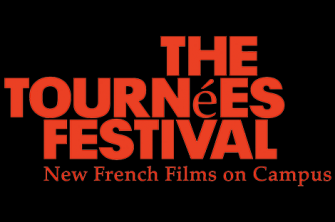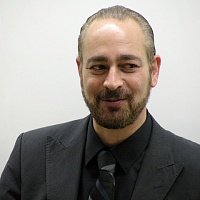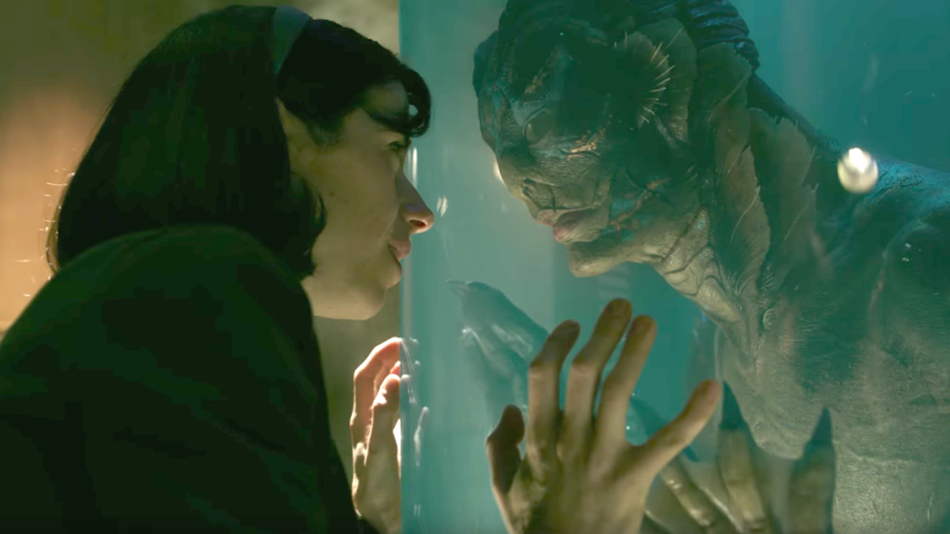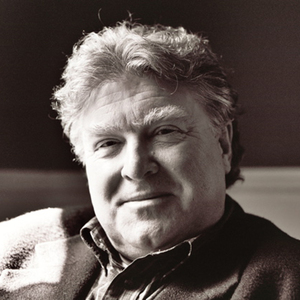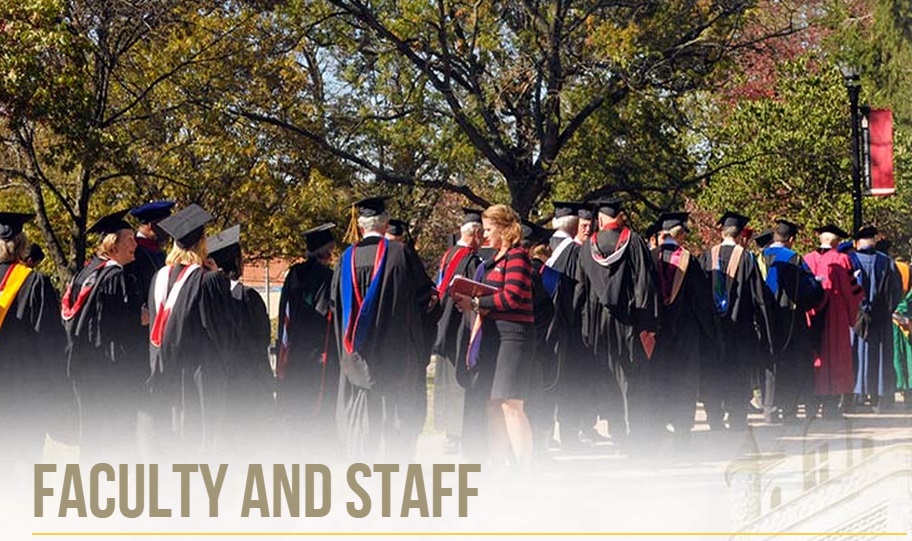By Maddie Matos, A&E Editor
As people grow older, new challenges are presented that are hard to overcome with age.
Ohio Wesleyan University’s Tournées French Film Festival presented a film that brings the issues of age to the forefront.
The film, Things to Come, was directed by Mia Hansen-Løve tells the story of a professor, Nathalie Chazeaux, reaching her late middle ages. As she is teaching her younger students, she is overcoming the struggles she finds associated with growing older.
The Tournées festival theme is strong female leads this year. The theme allows women directors or stars to be showcased in a field that is often dominated by men. The festival theme also fits in with the lessons that French students are learning.
“My seminar is structured around various rebellious figures in French culture and literature, including rebellious women authors and characters, and the festival theme is ‘Strong Female Lead’ in recognition of the complex female characters of the selected features, as well as their female directors and script writer,” professor Ana Oancea said.
The department of modern foreign languages has hosted the festival for four years. Ohio Wesleyan shows six films, five being recent films and a classic film. The goal of the festival is to present French films to American students on college campuses and let students experience a new style of filming.
“In my experience, French films have fewer aggressively commercial elements than American films.” senior Katherine Romeo said. “More often the film seems more focused on communicating a story than say the audience leaving feeling as though they understood everything and had a good time,”
Students in the school’s French club and Oancea come together to bring the festival on campus. Oancea writes and submits a grant to the Tournées board to host and have the rights to the films.
“The grant through which the festival is made possible is nationally-competitive, so it’s a great honor to be selected,” Oancea said.
The film’s protagonist also brought the question of a liberal arts education and its importance to the film. As a professor at a university, Chazeaux teaches her students the importance of education across all mediums and reminds herself of these lessons as she matures. The films message of education was a drawing point to the people who chose it.
“This film, ‘L’avenir’ or ‘Things to Come’ in English was chosen because it deals with a very modern concern — the lesser perceived importance of the humanities,” Oancea said.
Students and staff alike enjoyed the film, and the message it gave to viewers, and showed that people across the world are all connected.
“One of the most accessible ways to access another person’s story is by consuming film.” Romeo said. “By showcasing French films, we can see more clearly the way we are distant but also the ways we are alike,”
